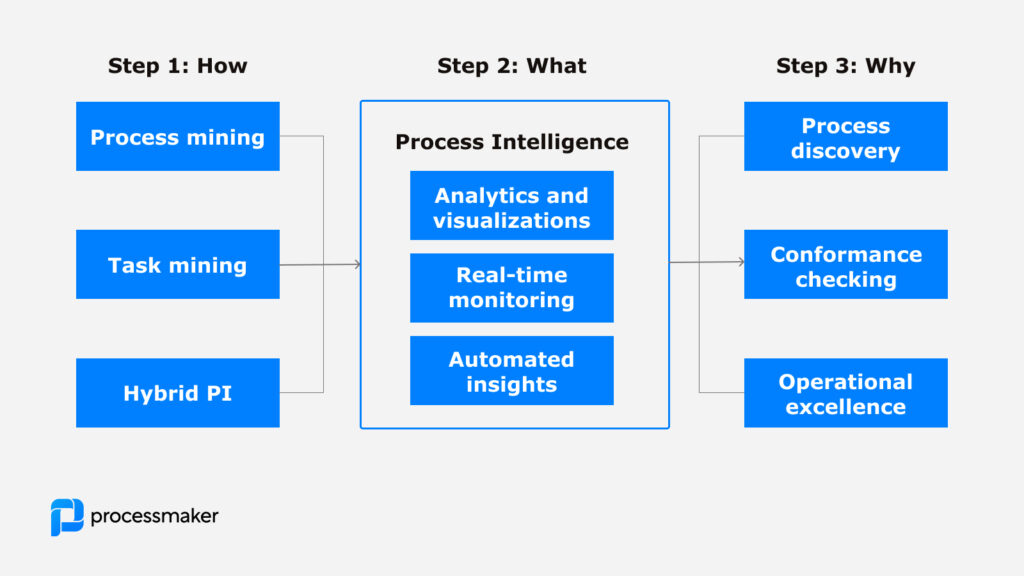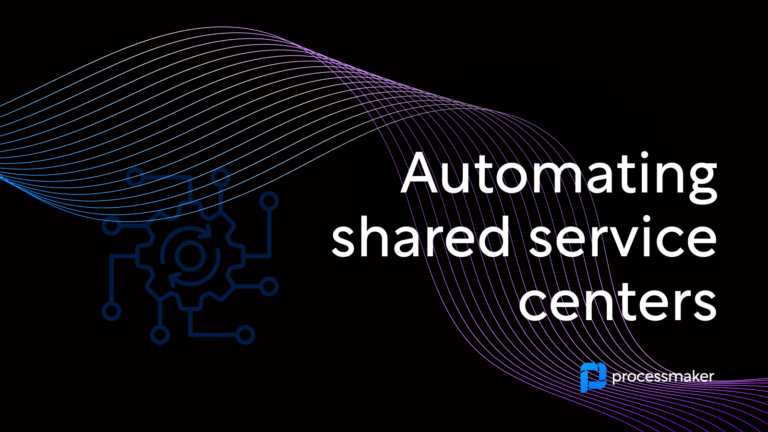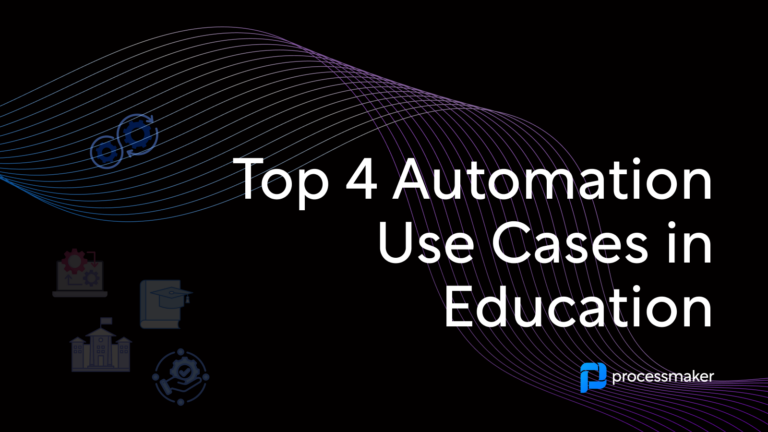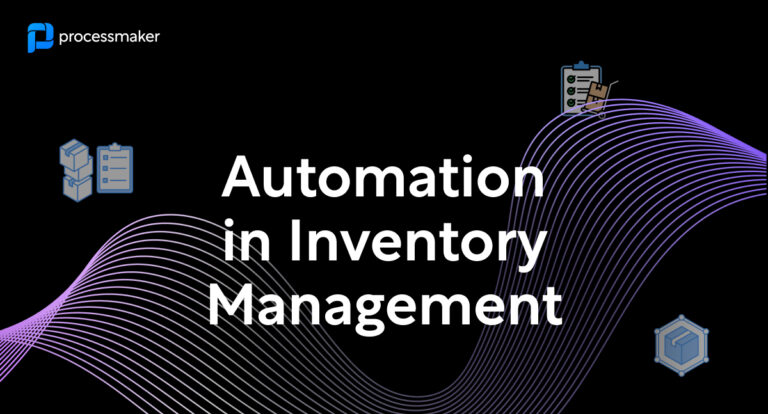Over the past few years, shared service centers, or SSOs, have transitioned from merely cost-cutting mechanisms to influential agents of business innovation. They’re no longer isolated back-office operations, but core components driving business agility and responsiveness in a rapidly changing marketplace. However, they face several challenges – from fragmented automation to limited process visibility.
Shared service centers and their evolution
SSOs were initially introduced as a method to achieve cost savings by consolidating similar business functions, such as IT, HR, and Finance, across departments. Today, they’ve become an instrumental part of modern businesses, offering a wide range of services while facilitating operational excellence and effectiveness.
Technological advancements like Robotic Process Automation (RPA) and business process automation software are changing the way shared services function.
However, the real game-changer has been Process Intelligence (PI)—an AI-driven technology that provides a comprehensive view of business operations, helping create a tailored automation roadmap.
Despite evolving significantly, shared service centers face various challenges, primarily rooted in process complexity and siloed automation. Many shared services centers have adopted automation but have not realized its full potential due to these hurdles.
The role of automation in addressing challenges
Automation promises higher operational efficiency, improved service quality, and lower costs. It liberates employees from routine tasks, allowing them to focus on strategic initiatives that drive business growth. SSCs have reported cost reductions of 10-20% tied to automation, with the most impactful applications found in Procure-to-Pay, Customer Service, and Order-to-Cash.
However, automation success relies heavily on knowing which processes to automate and when. Here, PI comes in, offering real-time process visibility vital for identifying automation opportunities with high ROI.
Leveraging process intelligence for automation
Process Intelligence blends process mining and task mining to bring end-to-end transparency into business processes and workflows. Here’s how PI can drive automation in your GBS:
- Identify automation opportunities: PI captures and analyses data across systems to identify repetitive and error-prone tasks that are suitable for automation.
- Decrease costs: PI provides real-time insights, facilitating the identification of bottlenecks causing inefficiencies, thereby helping in cost reductions.
- Standardize operations: PI helps identify inefficiencies in complex workflows and encourages cross-learning among teams, leading to improved practices.

Future technologies for enhanced automation in shared services centers
As shared service centers aim to elevate their automation strategies, emerging technologies will be pivotal in reaching new automation heights.
AI agents stand at the forefront, offering the potential to understand and interact within various business environments in a human-like manner. These intelligent agents can process large volumes of data, predict outcomes, and make decisions, significantly enhancing operational efficiency.
Process intelligence will continue to drive focus, by leveraging AI to gain insights into complex workflows, going beyond basic automation, and allowing SSOs to anticipate needs and optimize processes dynamically.
Hyperautomation, which combines advanced technologies like AI, machine learning, and robotic process automation, will enable SSOs to move beyond rule-based tasks and automate more sophisticated processes.
Conclusion
The evolution of shared service centers is an ongoing journey. As technology advances, shared service centers will become even more vital for businesses, leading them into uncharted territories of innovation. With the help of tools like Process Intelligence, they will not only meet the present demands but also anticipate the needs of tomorrow, thereby designing systems and processes that facilitate business growth and transformation.





